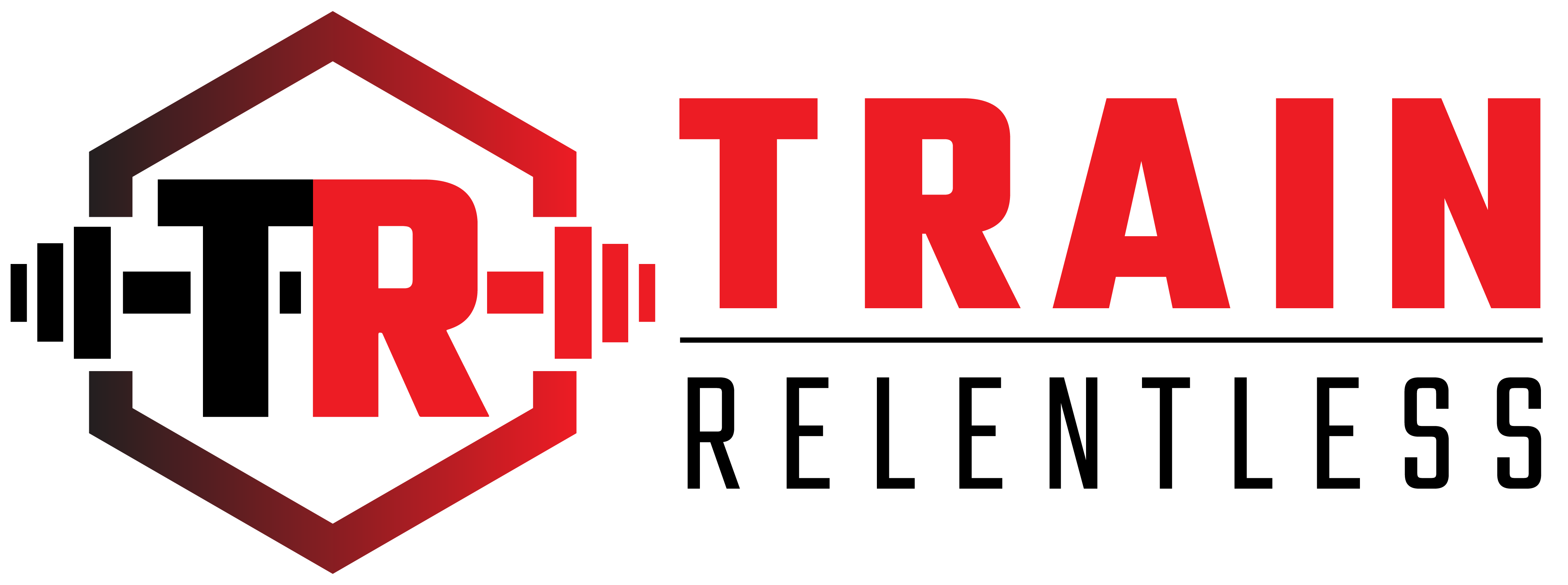Many are jumping into the keto bandwagon. Whether you want to lose weight or you are looking to live a healthier life, keto has gained popularity in the last few years. While many understand the benefits of keto, there are only a few who fully understand the issues that you could face if you suddenly restrict the body’s carbs.
For the average person trying to lose weight, keto seems like a good idea. You use ketone bodies as fuel instead of carbohydrates. Since the ketone bodies are going to come from your body fats, it means that you are losing weight in the process. With a small amount of carbohydrates, the liver will use fats for energy turning fatty acids into ketone bodies. It’s similar to the Atkin’s Diet but you need to be in a ketosis stage.
It’s also the concept used by individuals doing intermittent fasting. Aside from being on a caloric deficit, you lose weight by utilizing body fats for energy.
So what if you want to run or do physical activities? Is keto diet and intermittent fasting a good idea?
Ketone Bodies and Physical Activities
Some outliers swear that keto diet helped them perform well in sports. American ultra-marathon runner Zach Bitter uses keto diet. By doing keto, he holds the world record for the 100-mile run and the 12-hour run. He competes with as little as 5% on his diet.
This is a weird approach in nutrition for runners considering endurance athletes are encouraged to do carbo-loading before a race. What does carbohydrate loading do? Endurance athletes like runners eat carbohydrate-rich foods to replenish muscle glycogen.
Should you carbo-load and forget about keto diet? Zach Bitter does ultra-marathon. It means that fat as a source of energy makes perfect sense. On the other hand, running shorter races is a different thing. You’ll need more carbs when it requires high-intensity activities.
The same can be said when it comes to Tour de France athletes. This is one of the most brutal endurance bike races designed specifically for fat-adapted athletes. And also, on top of having a keto diet, a lot of these athletes are known for doing exogenous ketone supplementation. However, the exact science behind supplementing ketone bodies to influence metabolism in favor of athletic performance is still highly debated.
Rule of Thumb When Using Keto and Staying Active
So when should you be doing keto and when should you eat carbs? As a rule of thumb, carbs can fuel high-intensity workouts better than ketones. On the other hand, ketones produced from fats being broken down can be considered a good source of energy for endurance activities.
Doing anaerobic exercises that require sprints will most likely need carbohydrates. Marathons, at a shorter distance, that require bursts of energy will also need carbohydrates. It means that you can run efficiently on ketones but you can’t run fast.
But of course, there are some things that you can do to get the edge against your competition. For instance, if you are looking to run more efficiently, do long races on an empty stomach. This can help in your fat-burning capabilities and therefore utilize ketones. And since most marathons are done in the morning, this is something that you can consider.
You can time your last meal and utilize ketones at the right time. After 12 hours since your last meal, your body will enter ketosis. The body starts to burn your fats and you produce ketone bodies that you can use for fuel. It means that if your half or full marathon is at 6 AM, your last meal should be at 6 PM the night before being the latest. This means that by the time the marathon starts, you are already running on ketones.
If you’re an athlete performing different types of workouts throughout the week, that’s where it can get a bit tricky. You will have to cycle through the low and the high carb days. If you’re looking to do resistance training on Monday, then you want to be having carbohydrates to prevent muscle catabolism and to provide your body with the right amount of glycogen.
Balanced Diet Over Macro Deficient Diet
Though some athletes can be considered an exception to the rule, dietitians still suggest a balanced diet over the use of keto diet.
A well-rounded diet will still be a good thing even for endurance athletes. Right now, a majority of dietitians still find keto and running a weird combination. Also, most runners will still thrive when they use carbohydrates for their physical activities. And it’s not hard to see why. Carbohydrates help replenish glycogen while this macronutrient is also the preferred source of energy by the body.
Final Thoughts
If you are thinking of switching to a keto diet and do endurance activities such as half marathons to full marathons, it might be a good idea to give yourself enough time to adjust to the diet. Keto is said to cause less inflammation thus it can help you in your recovery. However, be sure to talk to an expert. You will also want to try switching to keto during the off-season to give yourself enough time to adapt.
